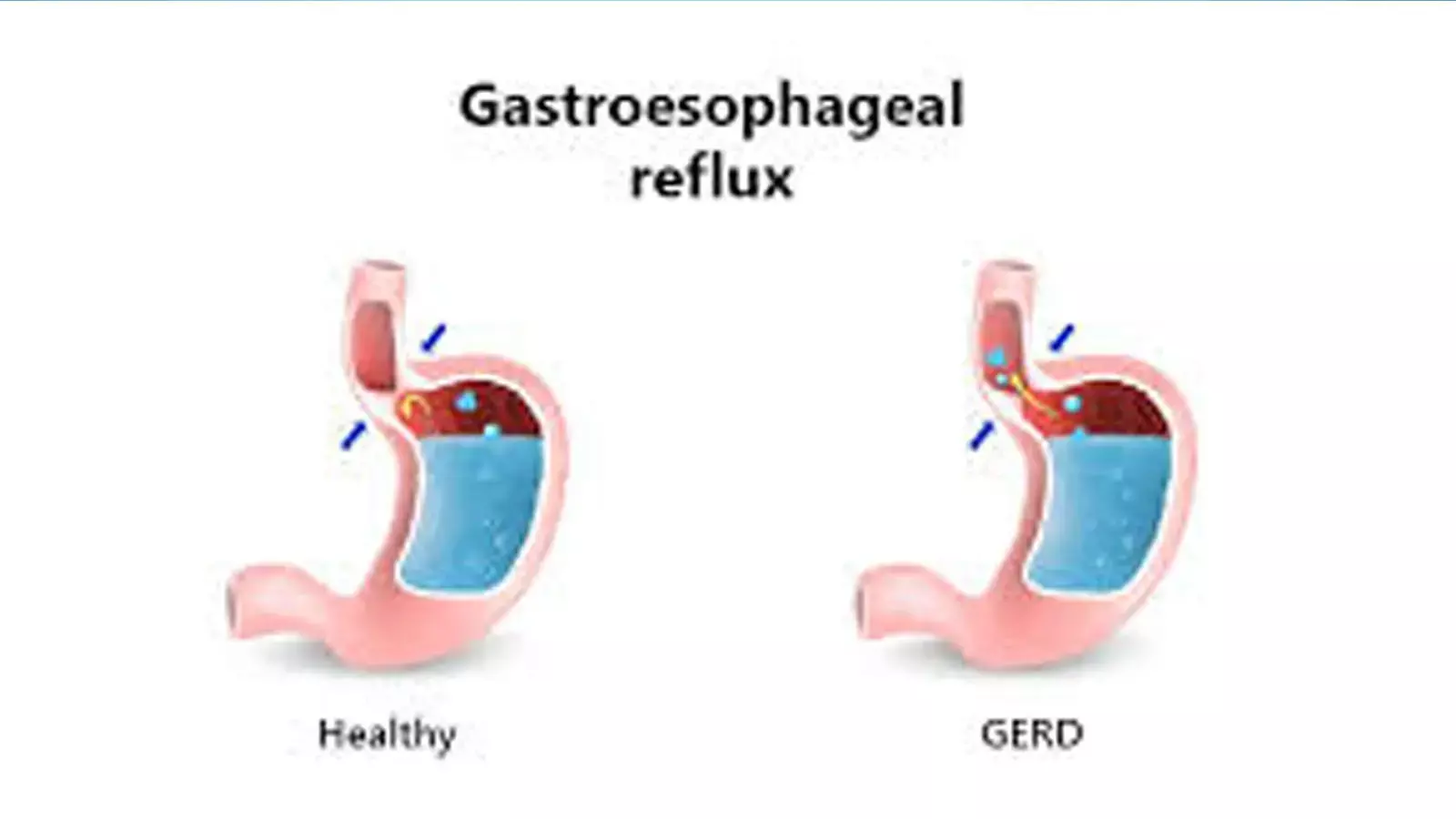- Home
- Medical news & Guidelines
- Anesthesiology
- Cardiology and CTVS
- Critical Care
- Dentistry
- Dermatology
- Diabetes and Endocrinology
- ENT
- Gastroenterology
- Medicine
- Nephrology
- Neurology
- Obstretics-Gynaecology
- Oncology
- Ophthalmology
- Orthopaedics
- Pediatrics-Neonatology
- Psychiatry
- Pulmonology
- Radiology
- Surgery
- Urology
- Laboratory Medicine
- Diet
- Nursing
- Paramedical
- Physiotherapy
- Health news
- Fact Check
- Bone Health Fact Check
- Brain Health Fact Check
- Cancer Related Fact Check
- Child Care Fact Check
- Dental and oral health fact check
- Diabetes and metabolic health fact check
- Diet and Nutrition Fact Check
- Eye and ENT Care Fact Check
- Fitness fact check
- Gut health fact check
- Heart health fact check
- Kidney health fact check
- Medical education fact check
- Men's health fact check
- Respiratory fact check
- Skin and hair care fact check
- Vaccine and Immunization fact check
- Women's health fact check
- AYUSH
- State News
- Andaman and Nicobar Islands
- Andhra Pradesh
- Arunachal Pradesh
- Assam
- Bihar
- Chandigarh
- Chattisgarh
- Dadra and Nagar Haveli
- Daman and Diu
- Delhi
- Goa
- Gujarat
- Haryana
- Himachal Pradesh
- Jammu & Kashmir
- Jharkhand
- Karnataka
- Kerala
- Ladakh
- Lakshadweep
- Madhya Pradesh
- Maharashtra
- Manipur
- Meghalaya
- Mizoram
- Nagaland
- Odisha
- Puducherry
- Punjab
- Rajasthan
- Sikkim
- Tamil Nadu
- Telangana
- Tripura
- Uttar Pradesh
- Uttrakhand
- West Bengal
- Medical Education
- Industry
Long-term Study Questions Mesh Use in Hiatal Hernia Repair for GERD Patients

A recent long-term clinical trial has raised questions about the use of mesh in hiatal hernia repair procedures for patients with gastroesophageal reflux disease (GERD). The study found that while mesh did not significantly reduce hernia recurrence rates after more than a decade, it was associated with higher levels of dysphagia. These findings suggest that the routine use of polytetrafluoroethylene mesh may not be warranted in laparoscopic hiatal hernia repair for GERD. This study was published in JAMA Surgery by Analatos A. and colleagues.
Gastroesophageal reflux disease (GERD) is a prevalent condition that often requires surgical intervention for effective treatment. One common procedure to address GERD involves hiatal hernia repair. However, the durability of using mesh during this repair remains a subject of debate. Previous research has suggested that mesh-reinforced techniques could lead to higher rates of dysphagia without significantly reducing hiatal hernia recurrence. This study sought to evaluate the long-term outcomes of using mesh for hiatal hernia repair in GERD patients.
A double-blind, randomized clinical trial was conducted at Ersta Hospital in Stockholm, Sweden, from January 2006 to December 2010. The study recruited 159 patients who were randomly assigned to one of two groups: closure of the diaphragmatic hiatus with crural sutures alone or a tension-free technique using nonabsorbable polytetrafluoroethylene mesh (Bard CruraSoft). Data for the analysis were collected between September 2021 and March 2022.
The primary outcome measured was radiologically confirmed recurrent hiatal hernia occurring more than 10 years after the initial surgery. Secondary outcomes included dysphagia scores for solid and liquid foods, generic health survey scores, gastrointestinal symptom assessment scores, proton pump inhibitor consumption, and reoperation rates.
- Out of 145 available patients, 103 participated in the long-term follow-up (response rate of 71%), with a mean age of 65 years.
- After a mean follow-up time of 13 years, the study found that the radiologically verified hiatal hernia recurrence rates were 38% in the mesh group compared to 31% in the suture group, with no significant difference between them. However, 13 years postoperatively, patients who had undergone mesh repair reported significantly higher dysphagia scores for solid foods, suggesting greater difficulty swallowing.
This long-term clinical trial indicates that the use of tension-free polytetrafluoroethylene mesh does not effectively reduce the incidence of hiatal hernia recurrence in GERD patients 13 years postoperatively. Furthermore, the study highlights that the mesh technique is associated with a maintenance of higher dysphagia scores. These findings suggest that the routine use of mesh in laparoscopic hiatal hernia repair for GERD may not be necessary. Surgeons and patients should carefully weigh the potential benefits and drawbacks of this approach when considering hiatal hernia repair.
Reference:
Analatos, A., Håkanson, B. S., Ansorge, C., Lindblad, M., Lundell, L., & Thorell, A. Hiatal hernia repair with tension-free mesh or crural sutures alone in antireflux surgery: A 13-year follow-up of a randomized clinical trial. JAMA Surgery,2023. https://doi.org/10.1001/jamasurg.2023.4976
Dr Riya Dave has completed dentistry from Gujarat University in 2022. She is a dentist and accomplished medical and scientific writer known for her commitment to bridging the gap between clinical expertise and accessible healthcare information. She has been actively involved in writing blogs related to health and wellness.
Dr Kamal Kant Kohli-MBBS, DTCD- a chest specialist with more than 30 years of practice and a flair for writing clinical articles, Dr Kamal Kant Kohli joined Medical Dialogues as a Chief Editor of Medical News. Besides writing articles, as an editor, he proofreads and verifies all the medical content published on Medical Dialogues including those coming from journals, studies,medical conferences,guidelines etc. Email: drkohli@medicaldialogues.in. Contact no. 011-43720751


